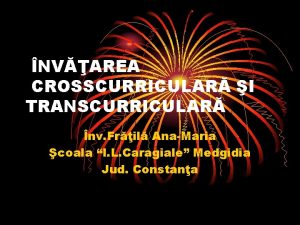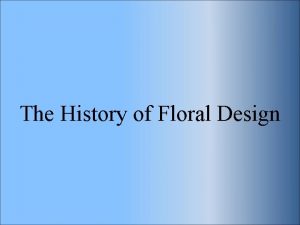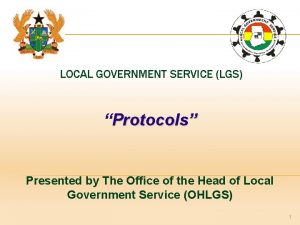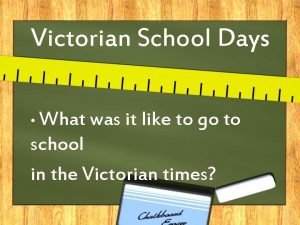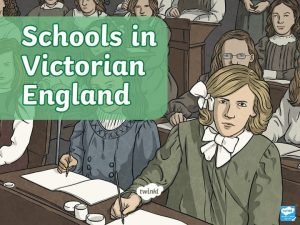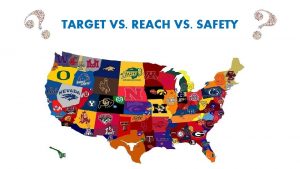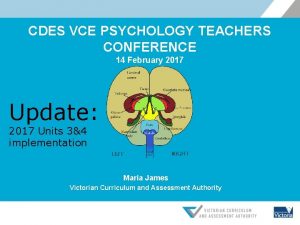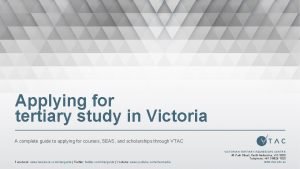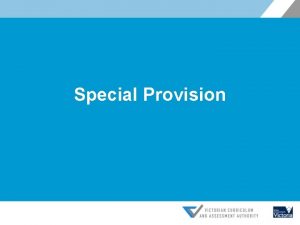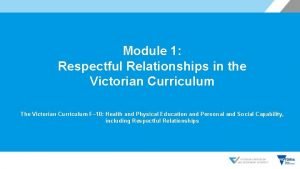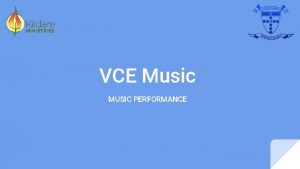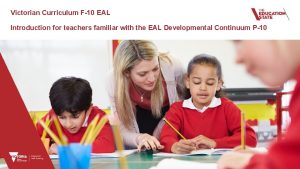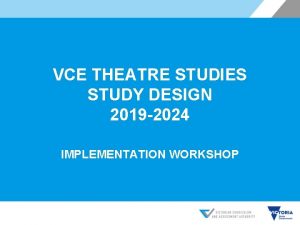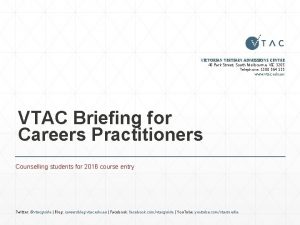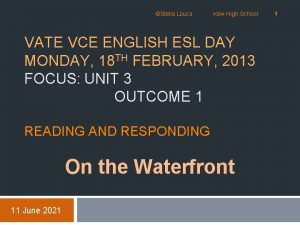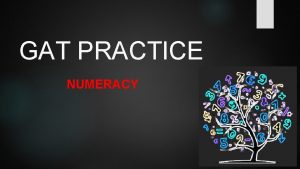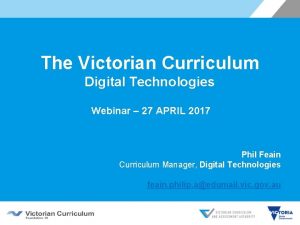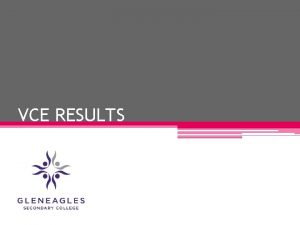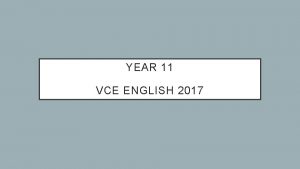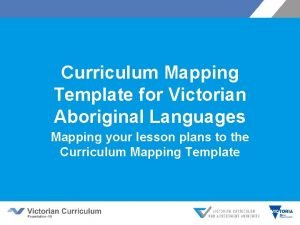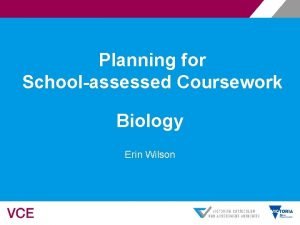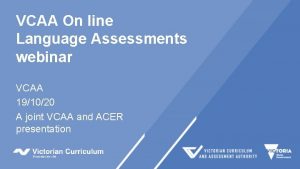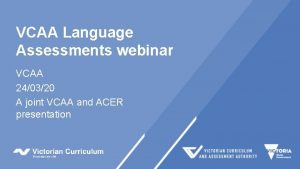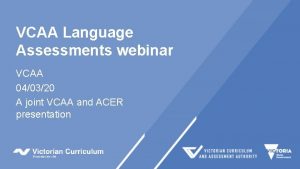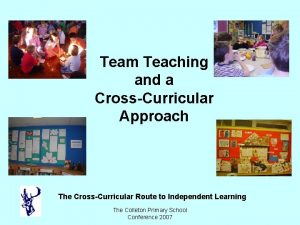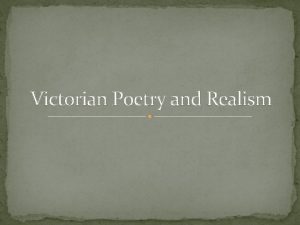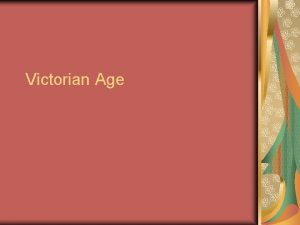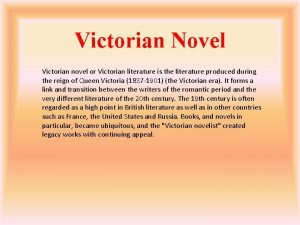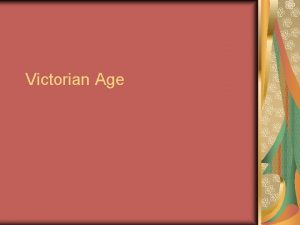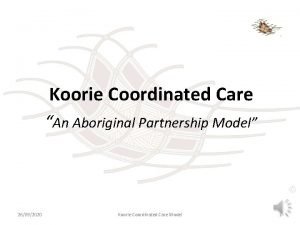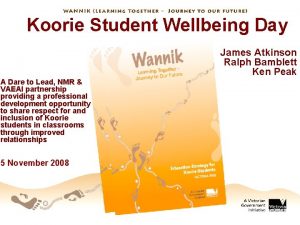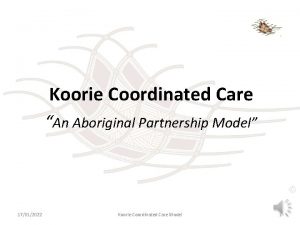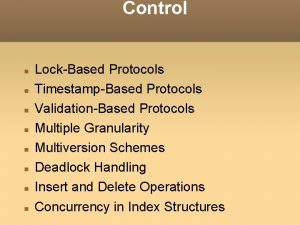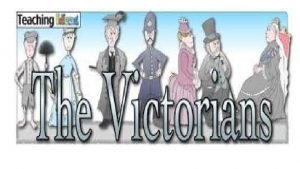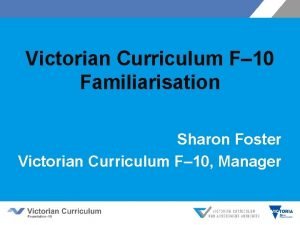Koorie CrossCurricular Protocols for Victorian government schools VCAA





























- Slides: 29

Koorie Cross-Curricular Protocols for Victorian government schools VCAA Webinar Julie Reid and Helen Champion

Acknowledgement of Country We pay our respects to the Traditional Owners of the Country we are on and the Countries you are on. We also pay our respects to the Elders past and present of all these Countries. Acknowledgements

Aboriginal Perspectives in the Curriculum See the world from an Aboriginal person’s point of view Cross curriculum priority: Aboriginal and Torres Strait Islander histories and cultures

This session is planned as a discussion. Please ask questions as soon as they occur to you, and don’t worry about asking ‘silly’ questions, or too many questions. We’re here to learn together.

Mandatory content • • • Victorian Aboriginal Languages History – Levels 3 -4, 5 -6, 7 -8, 9 -10 Geography- F-2, 3 -4, 5 -6, 7 -8, 9 -10 English – F-2, 3 -4, 5 -6, 7 -8 Civics and Citizenship – 7 -8, 9 -10 The Arts*

Optional content • In the elaborations: ‒ Health and Physical Education – 6 ‒ Maths – 7 ‒ Science – 2 ‒ Technologies – 14 ‒ Languages (not Victorian) - 63

How do you respectfully deliver Aboriginal Perspectives in the curriculum? Koorie Cross-Curricular Protocols for Victorian government schools

Principles • Koorie and all Aboriginal people are entitled to respect for their culture. • Exposure to, and engagement with, Koorie and other Aboriginal and Torres Strait Islander cultural heritage will enrich all Australians and strengthen our unique identity.

Principles • Koorie and other Aboriginal and Torres Strait Islander cultural heritage, including cultural expression, is the intellectual property of Koorie and other Aboriginal and Torres Strait Islander people.

Principles • Cultural expressions include stories, language, poetry, songs, instrumental music, dances, plays, ceremonies, rituals, performances, symbols, drawings, designs, paintings, body paintings, carvings, sculptures, handicrafts, baskets, needlework, textiles, artefacts and instruments.

Principles • Koorie people are entitled to protect and manage the use of their cultural heritage and expression. • Koorie people are entitled to benefit from any activities that use their cultural heritage and expression. • Koorie people are entitled to government support in the protection and maintenance of their cultural heritage and expression.

Guidelines • The first step in the development of any school activity involving students’ active development of, or production of a replica of, a Koorie cultural expression must be in consultation with the Traditional Owners or Custodians of the land on which the school stands, as described later in Using Koorie cultural expressions in the classroom.

Guidelines • The Traditional Owners or Custodians remain the owners of the Indigenous Cultural and Intellectual Property (ICIP) rights used in the activity, and should be acknowledged as such in any published materials relating to the activity.

Guidelines • The activity must not damage Koorie, and more broadly Aboriginal and Torres Strait Islander, cultural integrity.

Credible resources in the public domain • Aboriginal Languages and Cultures Victoria site sample units • VAEAI Resources for schools and families • Museum Victoria • Koorie Heritage Trust

Using Koorie cultural expressions in the classroom Meaningful learning about Koorie cultures, traditions, histories and experiences is enhanced by consultation with Koorie Communities. No amount of study can substitute for the lived experiences of members of these Communities.

Rule of thumb If the students are simply receiving information, eg, watching a video, there is no need to consult. However, if the students will undertake a task that involves creating something that replicates or utilises a Koorie cultural expression, you must consult with the appropriate Koorie community.

Not sure? If you are unsure about the need to consult or are seeking advice on appropriate local Koorie Community organisations, contact either: • your local Koorie Education Coordinator (KEC), • Your Koorie Engagement Support Officer (KESO), or • Your Local Aboriginal Education Consultative Group (LAECG)/VAEAI.

Working with Koorie Communities Koorie people prefer that schools start locally, then extend out geographically. See the Koorie Cross-Curricular Protocols site for further information on working with Koorie communities.

Indigenous Cultural and Intellectual Property (ICIP) rights must be respected. ICIP can cover many different forms of traditional culture and expression. Some of these are: • Writing, e. g. a book, poetry • Music, e. g. a song • Performances, e. g. dance, ceremonies • Artistic work, e. g. painting • Languages

Indigenous Cultural and Intellectual Property • Tangible cultural property, e. g. sacred sites, burial grounds • Intangible cultural property, e. g. stories passed on orally • Documentation of Indigenous peoples’ heritage in all forms of media, e. g. reports, films, sound recordings. (Source: Artists in Black, Arts Law Information Sheet). • For more see: Indigenous cultural and intellectual property

Potentially sensitive issues • • Stolen generation Koorie deaths in custody Native Title rights Land rights Reconciliation Australia Day Racism

Language matters! Choose your words carefully so as not to offend. • Don’t use ATSI • Koorie is the generally preferred term for Victorian Aboriginal people • Many people don’t like the word Indigenous being used for people

Language matters! • They are Aboriginal or Koorie people. • Aboriginal is an adjective. • Preference for terminology can vary according to context – ask • You are talking about real people, so speak respectfully • Creation or Dreaming stories are the equivalent of Bible stories, they are not myths or legends

Preparation for an activity involving Koorie community members • Be prepared to be flexible when consulting and/or working with Koorie Communities. • Consult with the Community person about what is acceptable before their visit. • The teacher should also advise the Community member of the students’ age, likely questions, and any other information relevant to the activity.

Information on working with Koorie people VAEAI’s Protocols for Koorie Education in Victorian Primary and Secondary Schools provide guidance on how to make the Koorie person feel welcome and for working respectfully with them.

VCAA and DET resources • Koorie Cross-Curricular Protocols for Victorian Government Schools: http: //www. education. vic. gov. au/school/teachers/teachingr esources/diversity/Pages/koorieart. aspx • Aboriginal Languages and Cultures Victoria: http: //www. vcaa. vic. edu. au/pages/alcv/about. aspx

Community and Cultural organisation resources • VAEAI Resources • Museum Victoria https: //museumvictoria. com. au/ • Koorie Heritage Trust http: //koorieheritagetrust. com. au/ • Koorie Education Coordinators http: //www. education. vic. gov. au/about/contact/Pages/wannikregion al. aspx • Local Aboriginal Education Consultative Groups: http: //www. vaeai. org. au/contacts/dsp-default. cfm? loadref=41

Contacts VCAA Julie Reid 9032 1679 reid. julie. j@edumail. vic. gov. au VCAA Helen Champion 9032 1723 champion. helen. h@edumail. vic. gov. au DET Ward Garwood 9651 3353 garwood. ward. a@edumail. vic. gov. au VAEAI Vaso Elefsiniotis 0425 278 867 or 9481 0800 vaso@vaeai. org. au
 Crosscurricular
Crosscurricular Early american floral design history
Early american floral design history American victorian floral design
American victorian floral design Lgs protocols
Lgs protocols Victorian abacus
Victorian abacus Victorian era schools
Victorian era schools Powerschool login huntsville city schools
Powerschool login huntsville city schools What is a target school
What is a target school Vcaa scientific poster template
Vcaa scientific poster template Vcaa course search
Vcaa course search Hhd vcaa
Hhd vcaa Vcaas
Vcaas Vcaa respectful relationships
Vcaa respectful relationships Vce physics poster
Vce physics poster Vcaa music performance
Vcaa music performance Victorian eal curriculum
Victorian eal curriculum Theatre technologies vce
Theatre technologies vce Courselink vtac
Courselink vtac Vcaa
Vcaa Vcaa past gats
Vcaa past gats Vcaa scientific poster example
Vcaa scientific poster example Victorian curriculum digital technologies
Victorian curriculum digital technologies Psychology study design
Psychology study design How is study score calculated
How is study score calculated Vcaa english exam 2017
Vcaa english exam 2017 Vce chemistry poster sac
Vce chemistry poster sac Biology vcaa
Biology vcaa Vcaa curriculum mapping
Vcaa curriculum mapping Vcaa english language study design
Vcaa english language study design Vcaa audit
Vcaa audit
